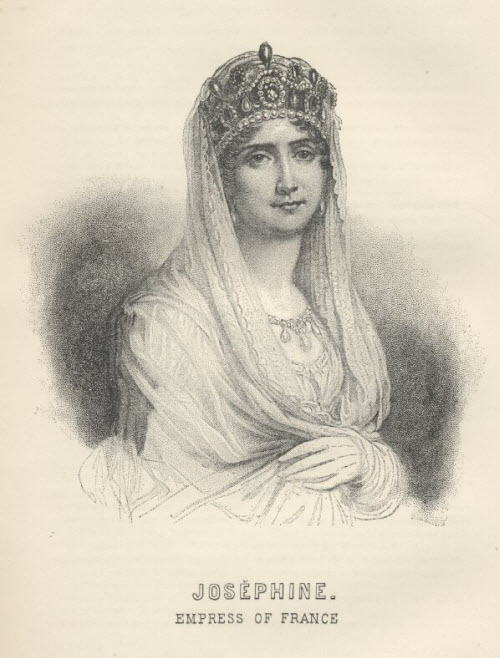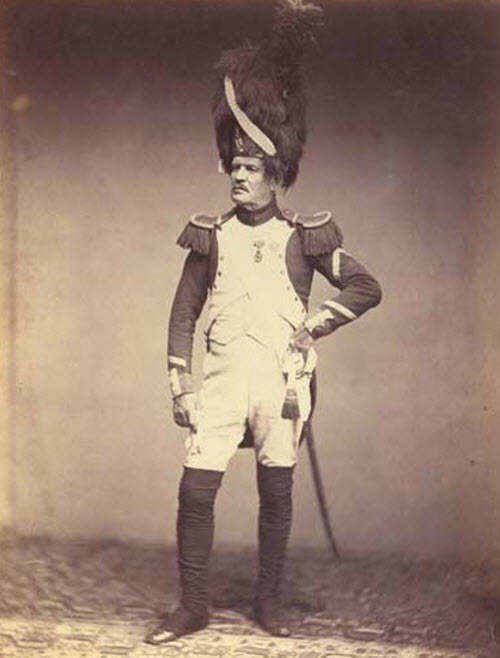The Battle of Vittoria
An Unexpected French Defeat Signals the Beginning of the End for the French Empire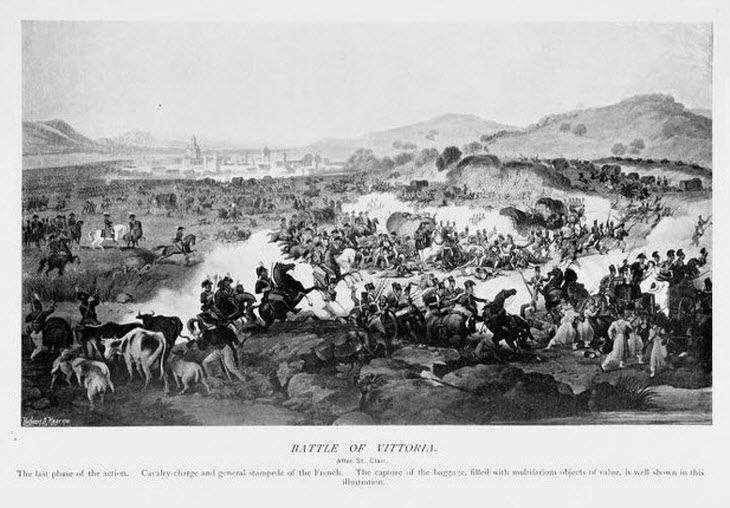
A Hardfought Battle
The Battle of Vittoria was an important battle of the Napoleonic wars, which was fought on June 21, 1813, near the city of Vittoria in Spain.
Together with a string of other French defeats, it signalled the coming collapse of the French empire and the impending fall of Napoleon. It was also one of the major victories by British forces under the command of the Duke of Wellington, who only two years later would deal a decisive defeat to the French at the battle of Waterloo.
Related Articles
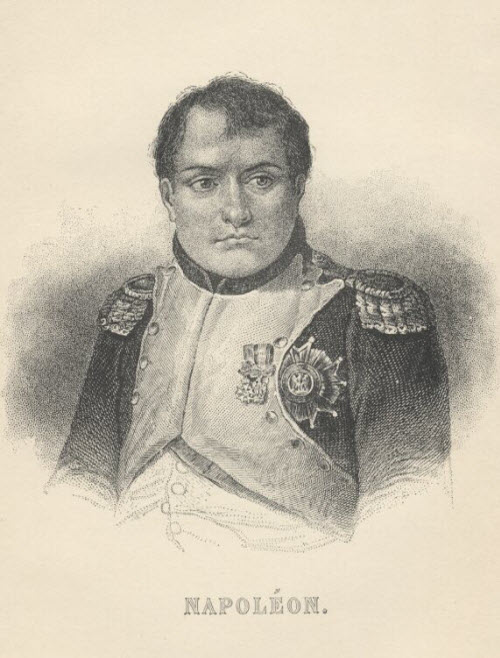
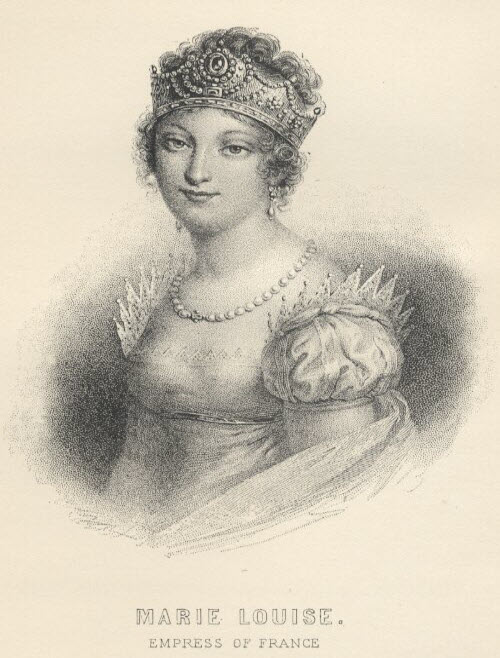
The Battle
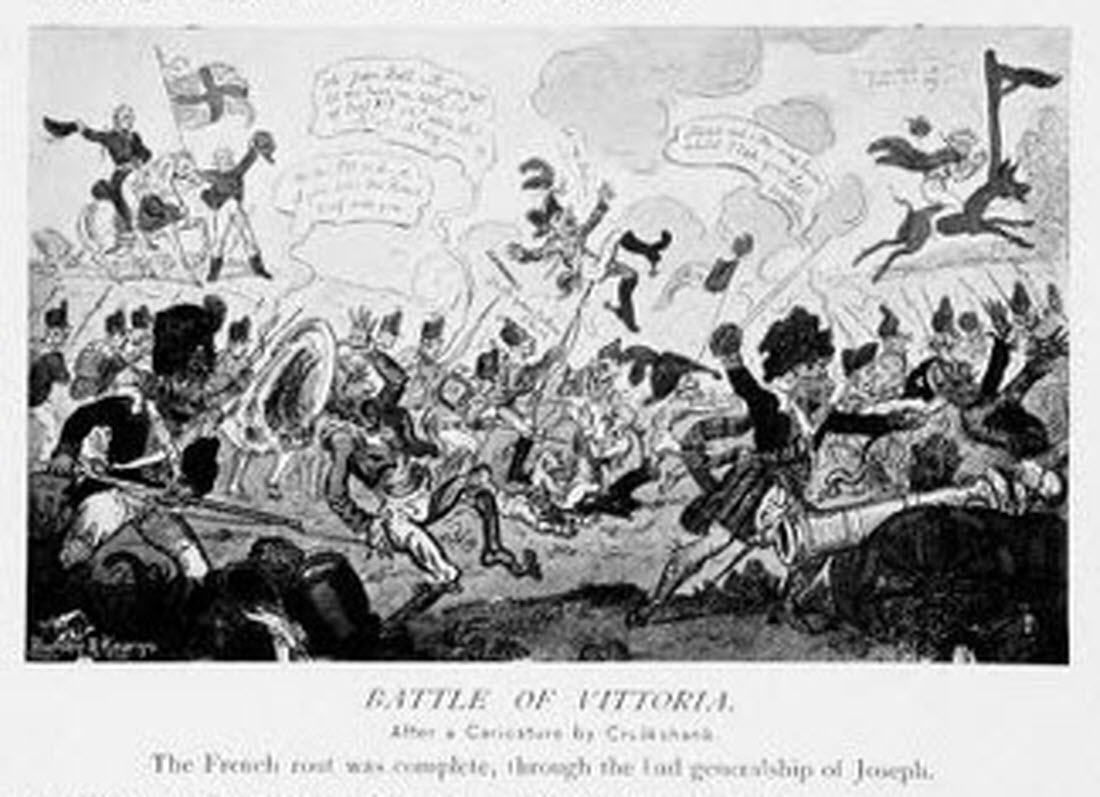
A British Propaganda Cartoon Depicting the Battle of Vittoria
The French army stationed in Spain was engaged in a protracted war with British forces as well as Spanish partisans opposed to the puppet Spanish King Joseph, who was allied with the French occupiers. A considerable French army was stationed in Spain and was a drain on much needed French resources.
While French troops were engaged in Spain, Napoleon led his Grande Armee into Russia with the hopes of crushing the Russian Empire. Although he captured Moscow, the harsh Russian winters, disease and an obstinate Russian defence, decimated the French army and Napoleon was forced to retreat. A call went out for reinforcements and the decision was made to transfer troops from the Spanish theatre to France and Germany for the defence of the homeland which was now threatened by the armies of Germany and Russia.
The French command decided to transfer 30,000 troops from Spain to Germany. Since this would leave the French forces in Spain considerably weakened, the French decided to also retreat to more defensible positions. They surrendered Madrid and moved to consolidate a defensive position behind the river Ebro.
However the British forces under the Duke of Wellington, who was later to play a prominent role in the final French defeat at Waterloo 2 years later, pursued and succeeded in crossing the Ebro on June 15, 1813. At last, the armies met on the great plain of Vittoria (a town in Alava, Lon. 2° 41' W., lat. 42° 47' N., with a population of 10,266, much occupied in the manufacture of sword-blades).
The French were commanded by King Joseph and Jourdan. They had on their left a chain of gentle hills, on their right Vittoria, in front the rivulet of Zadora. On the 20th, Wellington united all his columns, and ordered general Hill, on the 21st, to pass over the Zadora at day-break, and to attack the centre of the French. He was repulsed, but the struggle was obstinate; and general Graham, in the mean time, turned the right wing of the French, and came upon their rear, so that they were cut off from the road to Bilboa, and forced to retreat towards Pampeluna, which they did in the greatest disorder. They had been so certain of victory, that little provision had been made for the case of defeat; and many of the wives of the officers, the whole of Joseph’s baggage, &c., fell into the hands of the British. 15,000 dead and wounded lay on the field of battle; 3000 French were taken prisoners. The British took 151 cannons, and 400 wagons with military stores, and the military chest. Their booty was immense. General Clauzel arrived the day after the battle, with two divisions, at Vittoria, and, with great skill, retreated towards Saragossa, so that the pursuit was less destructive than it would otherwise have been, and the remains of the French army were enabled to rally at the foot of the Pyrenees, where Soult put them again in order, and strove to oppose Wellington, who was prevented also, by other circumstances, from following up his victory as he could have wished; since Suchet, after the unsuccessful attempt of general Murray on Tarragona, kept possession of Valencia, and general Maurice Matthieu of Barcelona.
